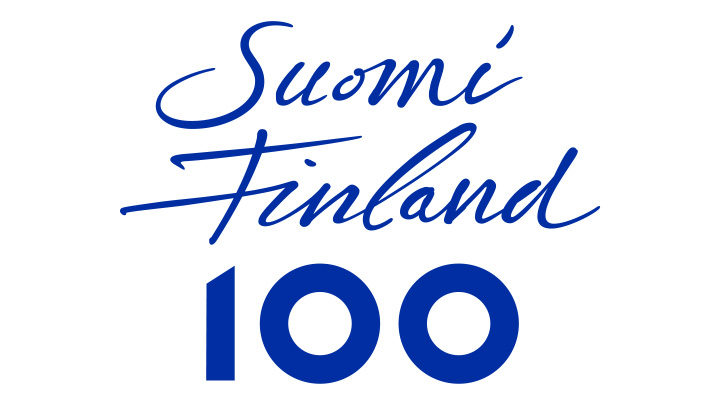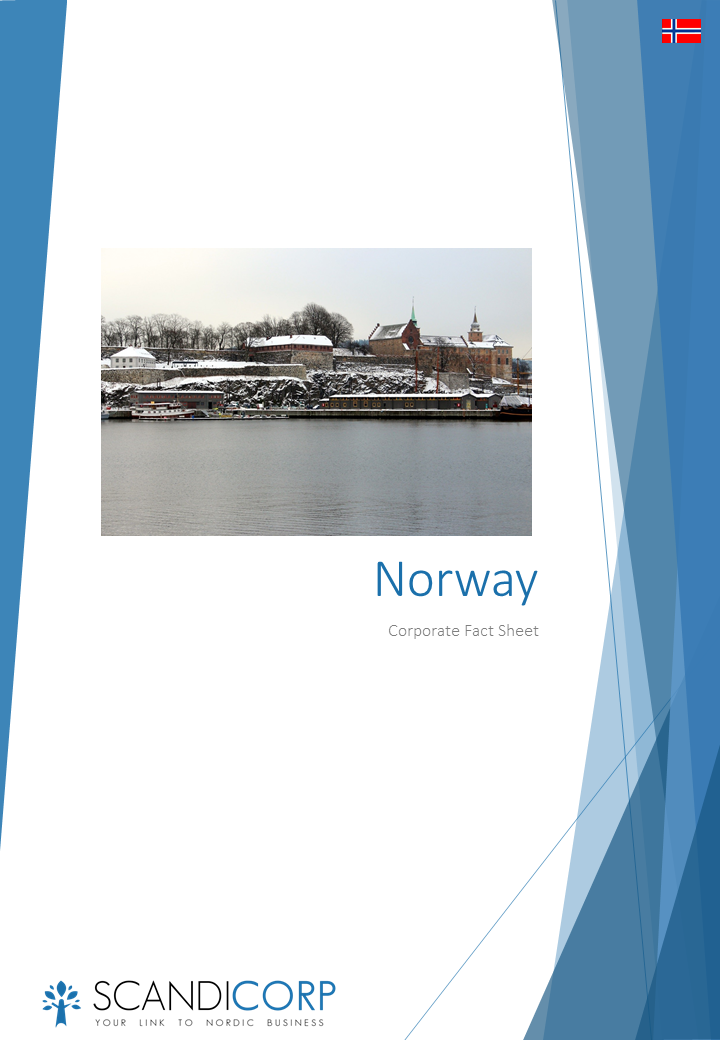The Swedish government plans to lower corporate taxes in two stages from 22% down to 20.6%. The rate is to fall to 21.4 percent from Jan. 1, 2018 and to 20.6 percent in 2021, Finance Minister Magdalena Andersson said on Wednesday.
At the same time, the intention is to take measures against aggressive tax planning and make the tax system more transparent. This will involve new rules on deductible interest payments which have been quite generous so far. The proposal includes restrictions for deductible interest payments in certain cross-border situations (hybrid rules) as well as restrictions for deductible interest in certain internal loans. New rules on financial leasing agreements are also to be expected.
The original plan was to reduce the corporate tax rate to 20% (the prevailing rate in Finland).
Why the Reduction in Corporate Tax?
The proposed tax changes reflect Sweden’s response to regional and global tax dynamics. Key motivations include:
- Regional Competitiveness: With Finland already at 20%, Sweden seeks to remain a leader in attracting investments and fostering economic growth.
- Global Trends: Many OECD countries are lowering corporate tax rates to appeal to multinational corporations. By reducing its rate to 20.6%, Sweden aligns itself with this trend.
Benefits of the Tax Reform for Businesses
The reduced corporate tax rate is expected to offer several benefits:
- Increased Investment Attractiveness: A lower tax rate will make Sweden a more appealing destination for foreign direct investment (FDI).
- Encouragement for Startups and SMEs: The reforms provide relief for smaller enterprises, enabling them to reinvest profits into growth.
- Support for Innovation: Sectors like technology and manufacturing, which are Sweden’s strongholds, stand to benefit significantly.
Understanding the Anti-Tax Avoidance Measures
While reducing the corporate tax rate, Sweden is also tightening its rules to prevent tax avoidance:
- Hybrid Mismatch Rules: These will eliminate loopholes that allow multinational corporations to exploit inconsistencies between tax systems.
- Interest Deductibility Restrictions: Internal loans within corporate groups will face stricter regulations, reducing the potential for tax-driven intra-group financing.
- Financial Leasing Adjustments: New rules will standardize how financial leasing arrangements are taxed, ensuring equitable treatment.
These measures align with OECD’s BEPS (Base Erosion and Profit Shifting) initiative, demonstrating Sweden’s commitment to fair and transparent taxation.
Comparison with Nordic and Global Tax Rates
| Country | Corporate Tax Rate | Key Features |
|---|---|---|
| Sweden | 20.6% (2021) | Gradual reduction to boost competitiveness |
| Finland | 20% | Known for attracting holding companies |
| Denmark | 22% | Comparable to Sweden’s pre-reduction rate |
| Norway | 22% | Balanced with personal tax structures |
| OECD Average | ~23.5% | Sweden now below the average |
Sweden’s reduced rate enhances its competitiveness in the Nordic region and globally.
How Businesses Should Prepare
- Review Tax Strategies:
- Businesses should evaluate their use of internal loans and cross-border arrangements to ensure compliance with the new rules.
- Optimize Operations:
- The lower tax rate presents an opportunity to reinvest savings into growth, particularly for startups and SMEs.
- Leverage Local Expertise:
- Consulting tax advisors familiar with Sweden’s evolving regulations can help businesses navigate these changes efficiently.
Historical Context of Sweden’s Corporate Tax
Sweden has progressively reduced its corporate tax rate to maintain economic competitiveness:
- 26.3% to 22% (2013): A significant cut to attract foreign investment.
- 22% to 20.6% (2018-2021): Reflecting ongoing efforts to align with Nordic and EU peers.
Despite its reputation as a high-tax country, these reductions showcase Sweden’s focus on fostering a favorable business environment.
Sweden’s gradual reduction in corporate tax rates to 20.6%, coupled with measures to combat tax avoidance, reflects a balanced approach to maintaining competitiveness and ensuring fiscal transparency. These changes make Sweden a more attractive destination for businesses while safeguarding its economic integrity.
Whether you’re an existing business or considering entering the Swedish market, the upcoming changes offer opportunities to optimize your tax strategy and operations. Proactive preparation and consultation with local experts can ensure a seamless transition to the new tax regime.










